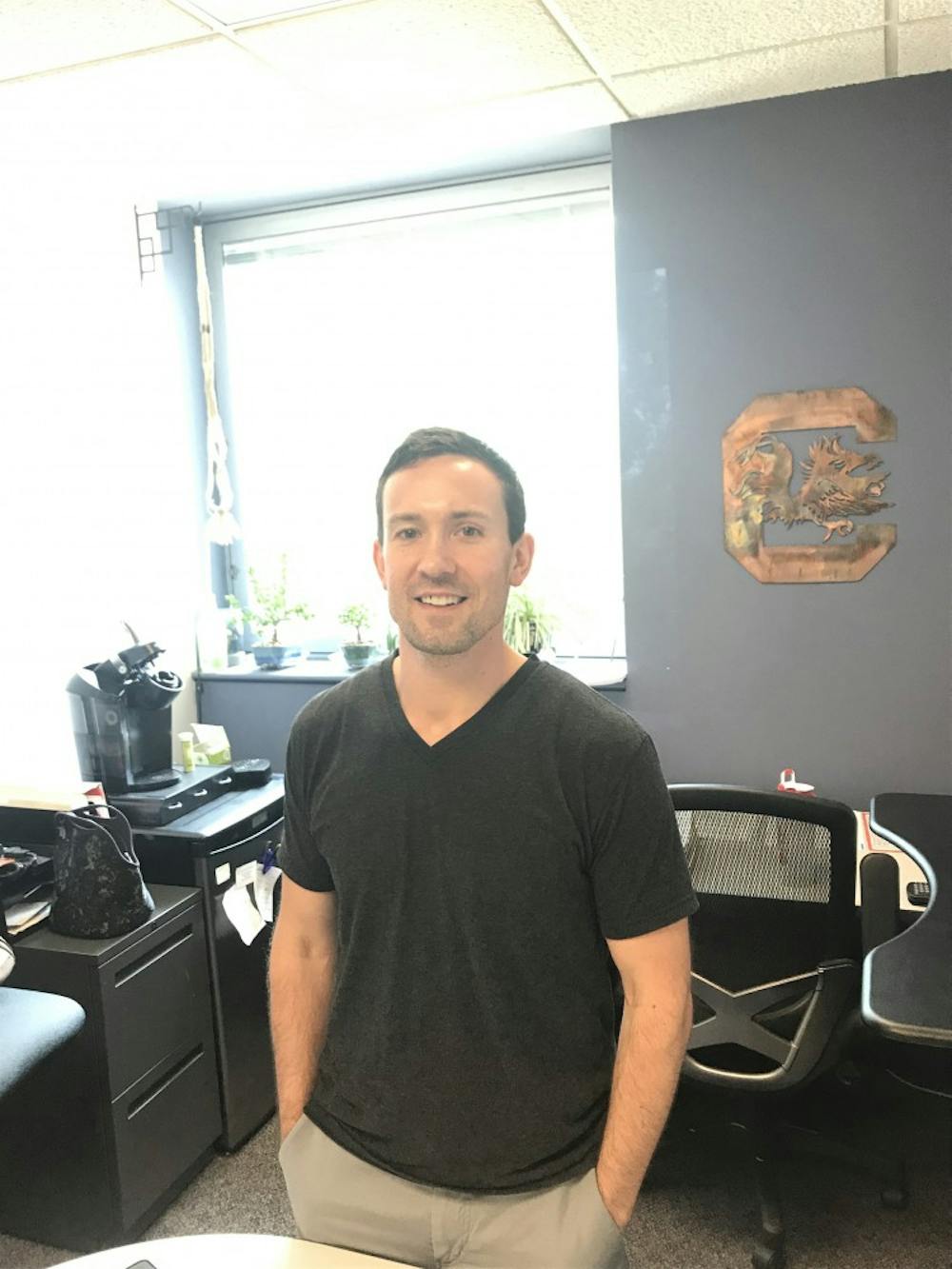Any time a foreign substance enters your body, inflammation and an immune response is going to be elicited. This material could be anything from a splinter in your finger, to a pacemaker in your heart or a polymer placed in your fat tissue to deliver drugs. Every day, Michael Gower, an assistant professor of chemical and biomedical engineering at USC, attempts to control these responses.
Gower’s work focuses on developing bio-instructive materials to stimulate specific immune responses with the goal of developing translational therapies for atherosclerosis, diabetes and cancer.
“This idea that the research that you’re doing in the lab is directly geared towards human therapies and trying to get what you find at the bench, to the bedside as fast as possible,” Gower said, and the sense that his research has never been done before is what he finds exhilarating about his work.
Prediabetes is a condition that is related to elevated blood sugar levels and is becoming increasingly prevalent in the United States. According to a study performed by the JAMA network, 38% of adults in the US are afflicted with the metabolic disorder that leads to diabetes and has been linked to increased risk for heart attack and stroke.
Recently, Gower has found that when implanting a certain polymer into the adipose (fat) tissue of mice with prediabetes, they could completely reverse their diabetes. “We think that this has something to do with how the material and the immune cells and the adipose tissue are all communicating together,” said Gower. The principle behind this is that within the adipose tissue are adipocytes, cells that store fat, and immune cells that will interact with the polymer in a way beneficial to the prediabetic mouse.
“Because the material is already FDA approved ... it is relatively easy to repurpose the material, and we’re targeting a really important disease that’s really prevalent in our nation,” he said. Once his team can verify exactly why this material is causing the prediabetic mice to recover, he hopes to move this exciting new treatment to clinical trials. Gower is currently collaborating with several MDs at the Veterans Affairs Hospital and one of them, a plastic surgeon, works regularly with adipose tissue. However, these trials will not take place for several more years.
When asked about the best way for undergraduates to get involved in research he suggested to make use of the websites that faculty have on the USC webpage, decide what interests you and do a bit of research on the professor’s work. He then recommends sending an email “explaining who you are, and why you wanted to reach out to that investigator, real briefly what is your interest in that work and attach your resume and say if there’s a position and I’d really like to talk more about it.”

